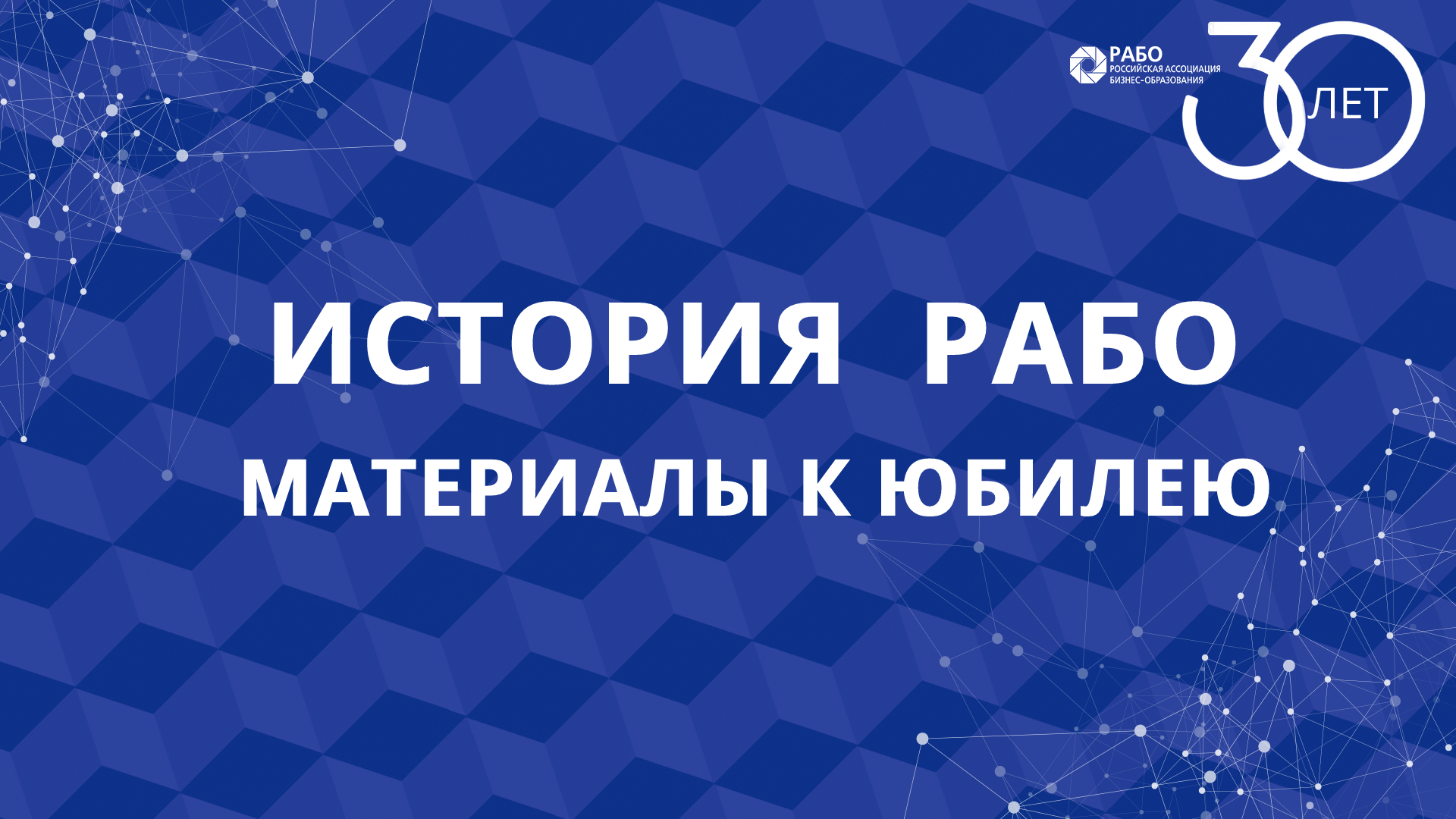Information systems and organisations
С открытой датой
Описание мероприятия
Язык обучения: английскийОписание программы
This course studies information systems in organisations. The first part of the course identifies three models of information system design – focusing on data processing, decision making and transaction costs – and explores their organisational implications. The second part of the course deals with a critical revision of the key concepts of strategy, technology infrastructure and implementation issues.
Aims and objectives
- provide students with the fundamental concepts needed for understanding information technology in organisations from information systems theory, organisation theory and economics perspectives
- introduce students to some new, critical ideas in management thinking related to the use and implementation of information technology in organisations.
Assessment
This course is assessed by a three-hour unseen written examination.
Учебный план:
Section 1: background and models of information system design
A Introduction
Overview of the basic functionalities of a computer; Hardware functions; Operating Systems; Application software; Networks; Internet and Internet Protocols.
B Information systems design
Logics underpinning information systems design; Prototyping; Organisational analysis and requirement analysis; Information systems design as outcome of organisational analysis; Limits of the models.
C Theory for information systems design and analysis
- Why and how people in organisations use, produce and communicate information;
- What is the role that information technology can play with respect to the human information processing identified above;
- How to design information technology applications that support the current or desired ways to process information;
- How to go about the implementation of the designed systems and applications.
Three main theories are presented and discussed in the course: data model; decisionmaking model and transaction costs model.
Section 2: Information systems and business strategies
The following topics are approached from both the ‘hard’ technological view and from the ‘softer’ socio-cultural view.- Strategic management and use of information systems and technologies to help firms accrue a competitive advantage
- Strategic information systems planning
- Strategic use of data and knowledge management, change management and more.
Результат обучения:
At the end of this course and having completed the essential reading and activities students should be able to:
- explain how different models used to analyse organisations are reflected in different information systems architectures
- differentiate various classes and types of information system developed and used in organisations, seen within an historical context
- describe contemporary information and communications technologies including computer hardware, software and networking
- present arguments for a strategic role for information systems within organisations, and alternative models to support this role and to establish such strategies
- explain how information and communication technologies change organisations and industrial structures, using appropriate models
- critically assess the place of people within organisational information systems, and the human interests such systems serve including automation of tasks, support for processes of management and decision-making
- achieve some practical experience with computers, software packages and the Internet, sufficient to be able to reflect on significant problems of taking up and using unfamiliar technologies, as well as the opportunities they offer
- differentiate and evaluate alternative approaches to developing information systems based on, for example, in-house projects, enduser development, purchasing packaged software or outsourcing services
- describe the essential tasks needed to develop a new system and to set it to work in an organisational setting, and the professional roles for people who undertake these tasks
- assess new technologies and approaches for managing knowledge within organisational contexts and for supporting decision-making
- describe and evaluate changes in contemporary approaches to the management of the information systems function within organisations, the organisational structures used and the key issues for managers to address
- discuss relevant information systems issues with managers involved with information systems, and evaluate (some of) the course materials against the practitioner’s view.
Требования к поступающим:
This course may not be taken with IS1060 Introduction to information systems




